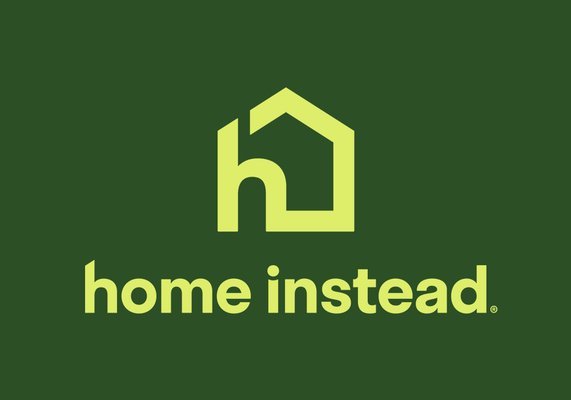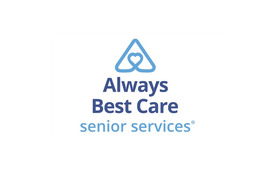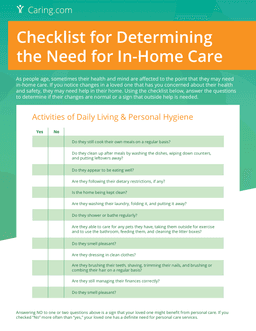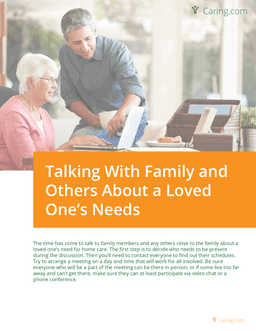
970 N Kalaheo Ave, Kailua, HI 96734
5.0
(9 reviews)
"Home Instead was nice to work with. Before we hired them, Butch came over to the house. He met my mom and looked at our house to check on it because they were actually checking mobility; I guess some houses are too messy or too cluttered. We went over their provided services, and he asked what we really needed. Mostly what I needed was somebody to help my mom in the shower while taking a bath. He made it easy for me to look at the schedule. He checked the bathroom to make sure that it was OK. They were really good. It only used them for about a month, but that whole month went pretty smoothly. The administrator or the director was very good about following up. He called and asked if we will continue the service. "
Pricing not available













